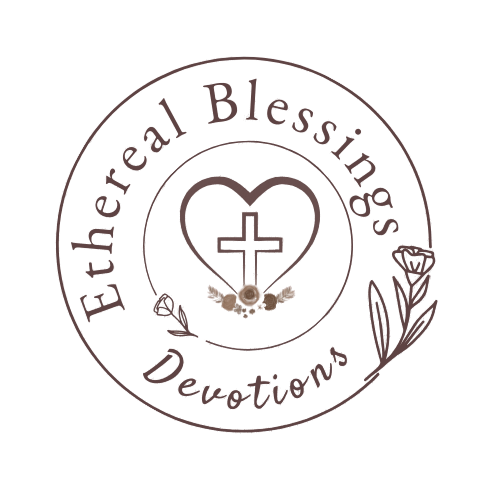Be Still and Know
Finding Peace in Surrender… Read Psalm 46:10
In the hustle and bustle of everyday life, it’s common to feel stressed and out of touch. But even in the chaos, there’s a beautiful chance to pause and find peace. Embracing quiet moments can help you connect with a deeper calm and purpose. Take a moment to stop, breathe, and let that sense of stillness fill you. In those moments of calm, you can discover clarity and strength to guide you on your journey.
The Scripture
Psalm 46:10
Reflection
This verse often gets turned into a gentle suggestion – like God is whispering, “Maybe slow down a little?” But in context, it’s actually more like a command from a battlefield commander: “Stop fighting. I’ve got this.”
The Hebrew word for “be still” (raphah) means to let go, to release, to stop striving. It’s less about finding a quiet corner and more about releasing your white-knuckled grip on control.
For those of us with anxiety, “being still” can feel impossible. Our minds race, our hearts pound, our bodies refuse to settle. How can we be still when everything inside us is in motion?
But maybe that’s exactly the point.
What “Be Still” Looks Like with Anxiety
Being still doesn’t mean your mind stops racing. It doesn’t mean your anxiety disappears. It means that in the middle of the internal chaos, you make a choice to stop trying to fix everything yourself.
It looks like:
- Acknowledging you can’t control the outcome
- Admitting you don’t have all the answers
- Releasing the need to predict every scenario
- Letting God be God while you just be human
The Rest of Psalm 46
We often quote verse 10 in isolation, but look at what comes before it:
The psalmist isn’t writing from a place of peace. He’s writing about earthquakes, floods, nations in uproar, kingdoms falling. This isn’t a psalm for calm days – it’s a psalm for chaos.
And right in the middle of describing all this turmoil, God says: “Be still.”
Not “Be still when everything calms down.”
Not “Be still once you figure it out.”
Just “Be still.”
A Different Kind of Knowing
The verse continues: “…and know that I am God.”
This knowing isn’t intellectual. It’s not about having the right theology or understanding all the mysteries. It’s experiential knowing – the kind that comes from release, from surrender, from finally admitting you can’t do this on your own.
Sometimes we know God best not in our strength but in our stillness. Not in our answers but in our questions. Not in our peace but in our panic.
A Practice for Today
Today, when anxiety rises, try this:
- Acknowledge it: “I’m feeling anxious about _____.”
- Release it: “I cannot control this outcome.”
- Remember: “God is still God, even in this.”
- Rest: Take three deep breaths and repeat: “Be still, my soul.”
You don’t have to feel peaceful to practice stillness. You don’t have to be calm to know God. Sometimes the bravest thing we can do is stop fighting and let God be God.
A Prayer for Anxious Stillness
God, my mind won’t stop racing and my heart won’t stop pounding. I want to be still, but everything in me is in motion. Help me release my grip on control. Help me know You’re God even when I can’t feel Your peace. Teach me to be still in the storm, not just after it passes. Hold me while I learn to let go. Amen.
Remember This…
“Be still” isn’t about perfection. It’s about position – positioning yourself to remember that God is God and you are not. And honestly? That’s the most freeing truth we could ever know.
Your anxiety doesn’t disqualify you from stillness. Your racing thoughts don’t prevent you from knowing God. He meets you in the chaos and whispers (or sometimes shouts): “Stop striving. I’ve got this.”
And maybe, just maybe, that’s enough for today.
In His grip (so you can let go),
Ethereal Blessings
